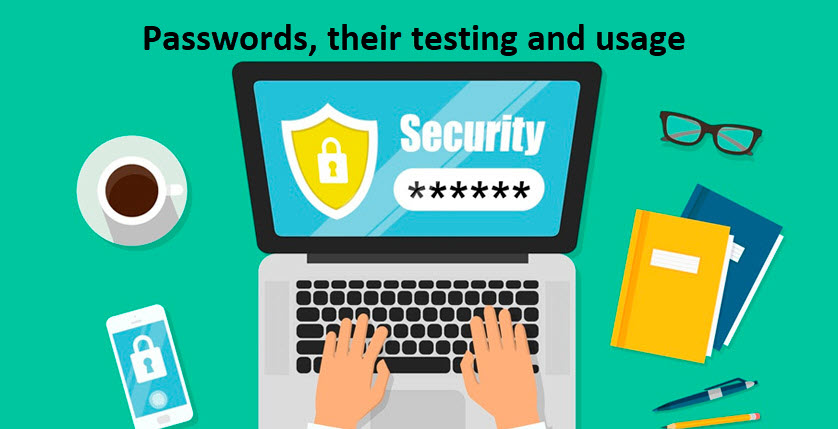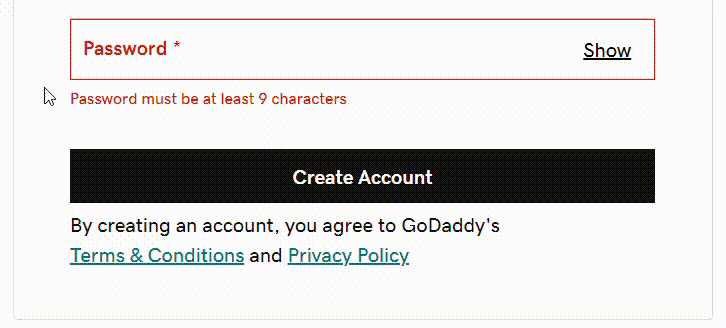Before, the «password» word was used to define a different kind of protection, for example, for entering the city and moving around it safely. In our time passwords protect physical information (documents in safes, money in banks, things in luggage), digital information on a hard drive, devices and most commonly on websites.
Password is a conventional word or a set of characters, designed for confirmation of identity or authority. Passwords are used on websites for information protection from unauthorized access.
At the moment there is no single format for password creation, therefore every internet resource that requires authorization has its own requirements for the password. Some sites do not put limits even on the minimal number of characters, and others, on the contrary, require too many. Often among the password requirements, you can find simultaneous use of lowercase, capital letters, special characters, numeric values, etc. Undoubtedly, such passwords will provide excellent protection not only from hackers but from the users themselves. More likely they will forget the combination in a few hours. There are special programmes and browser extensions (usually built-in) that can automatically generate strong passwords and store them in encrypted form. For those people who prefer to rely on their memory, there are many recommendations on the Internet for memorizing complex combinations - from rhymes to visualization.
Ideally, there should be no restrictions on the types of characters entered in the password field. And in this case, the tip about how complex a password is created will come in handy. Allowing all values from the keyboard to be entered, from letters and numbers to special characters and spaces will complicate the work of hackers to crack a password and hack an account. Unfortunately, not all users have a responsible attitude towards their data protection and do not use the opportunities provided by developers.
There is a list of the most popular passwords that are not suitable for personal account protection and other data, but they are still the most popular. Here is a rough TOP 10 list of these passwords:












